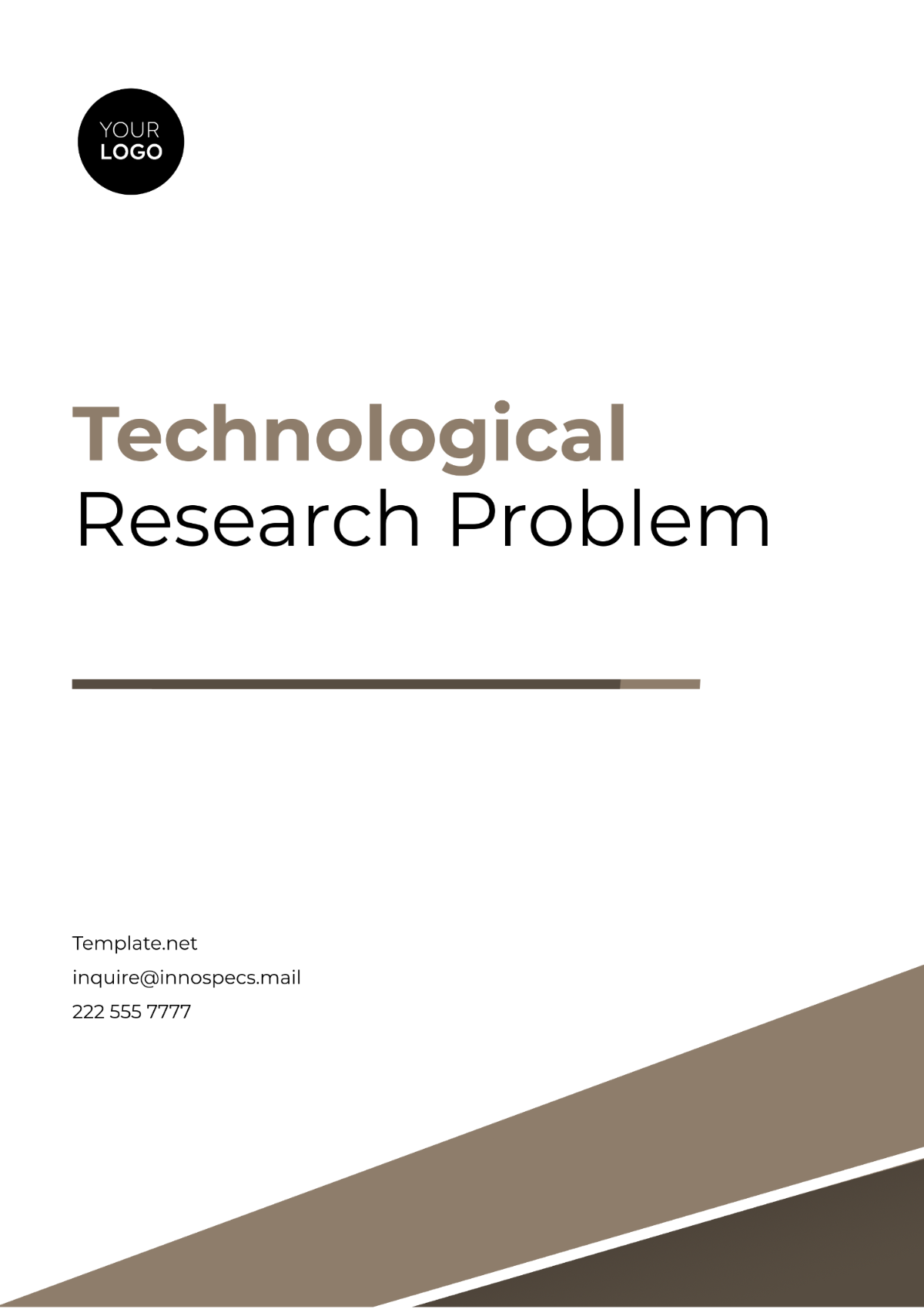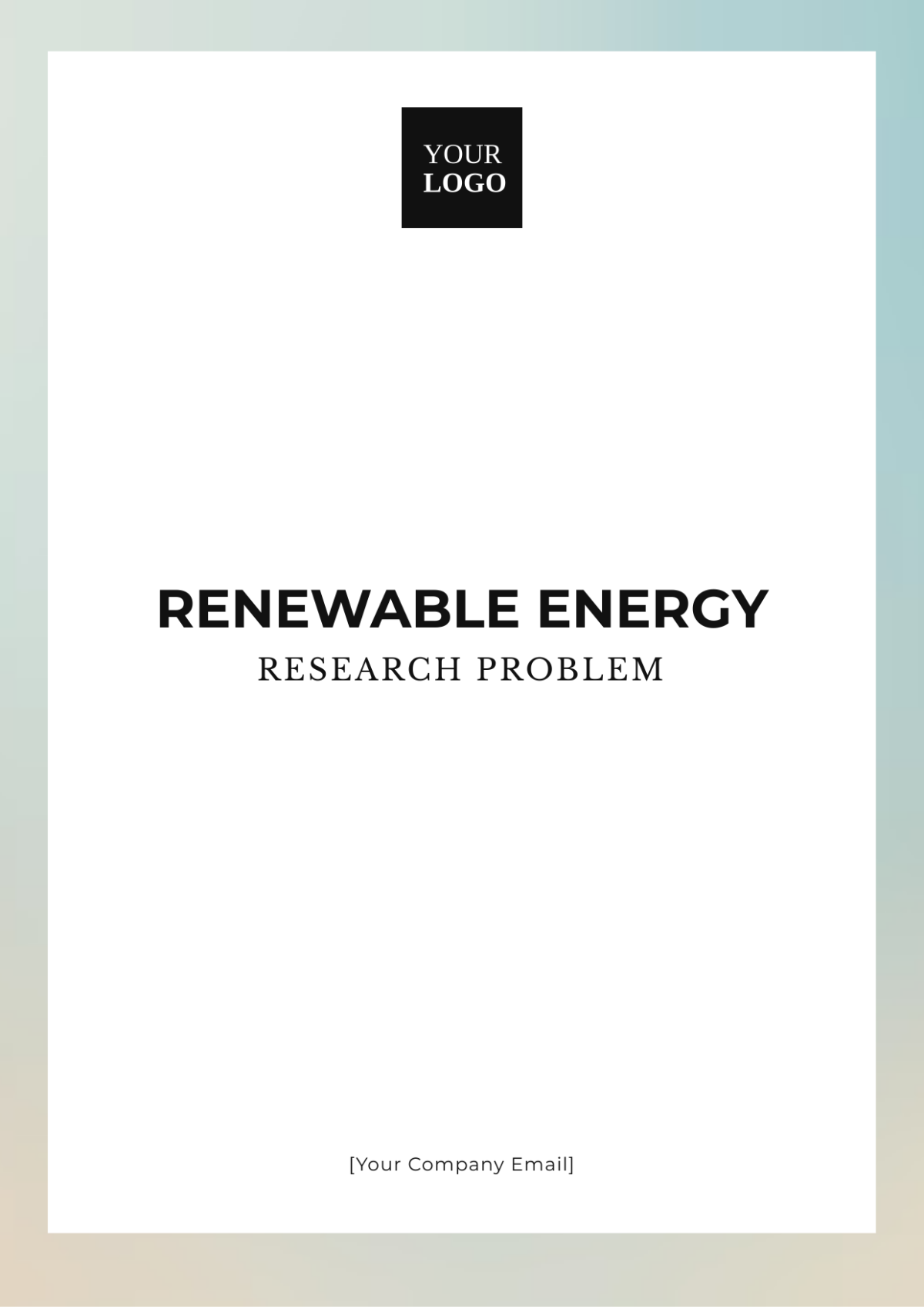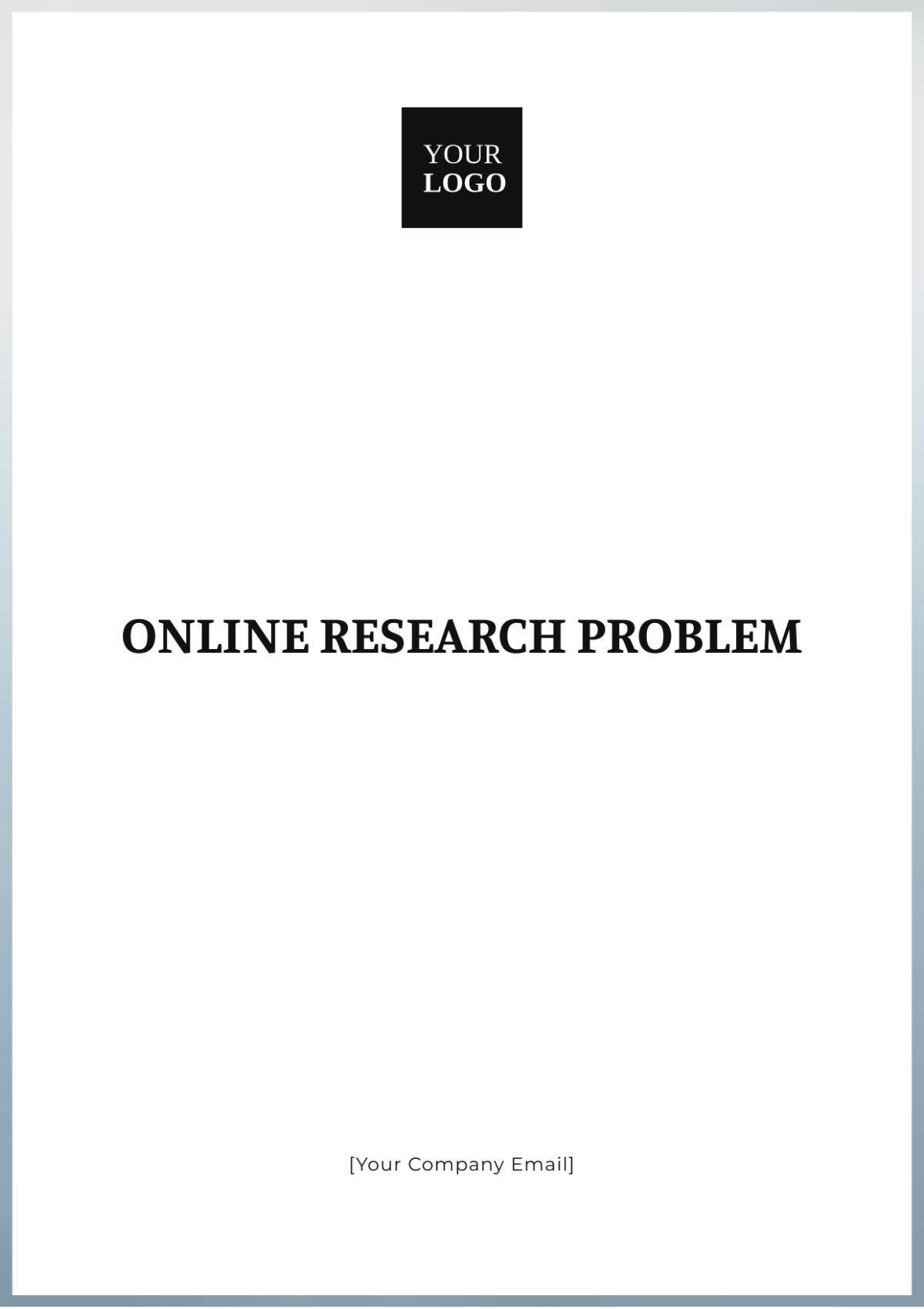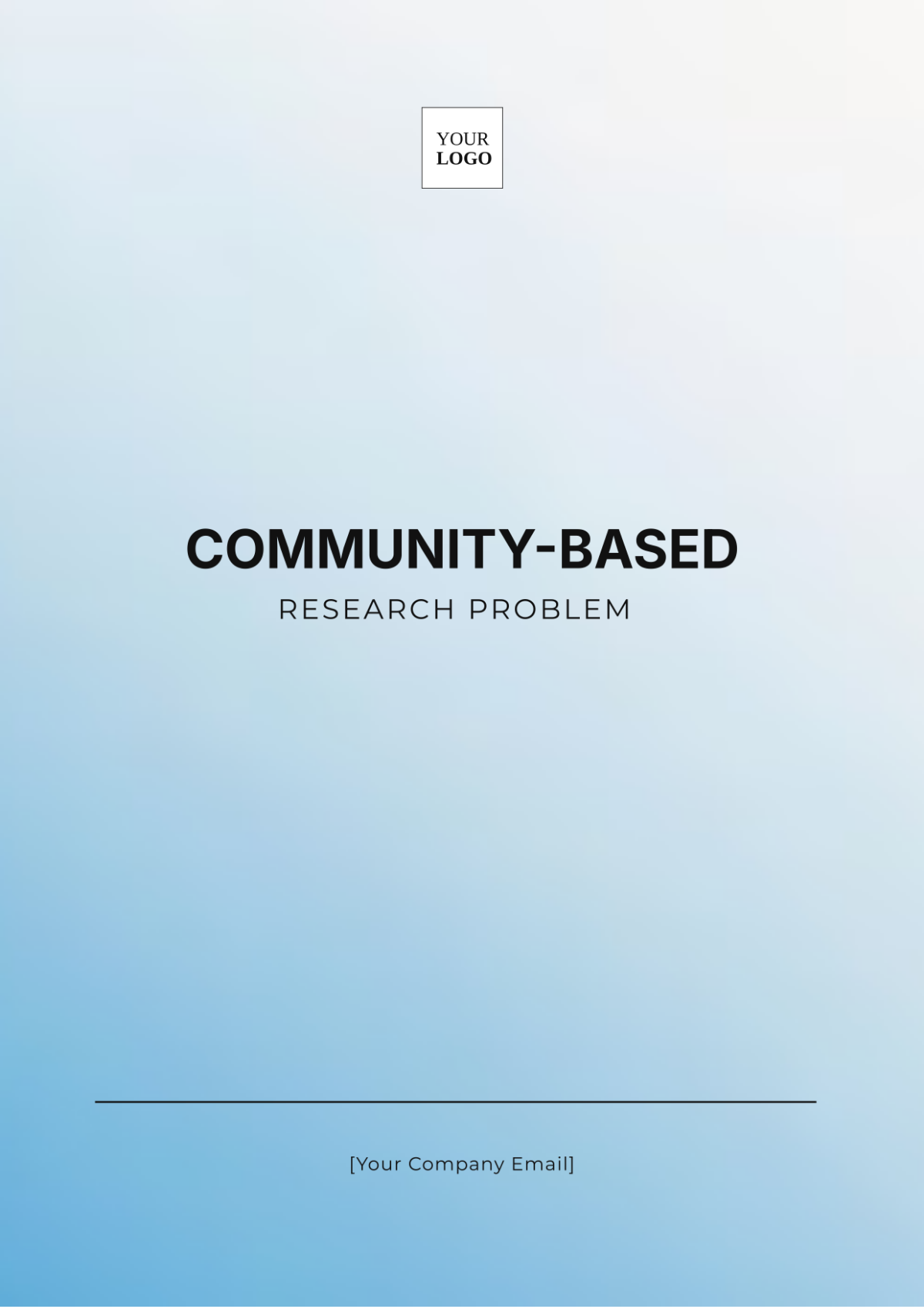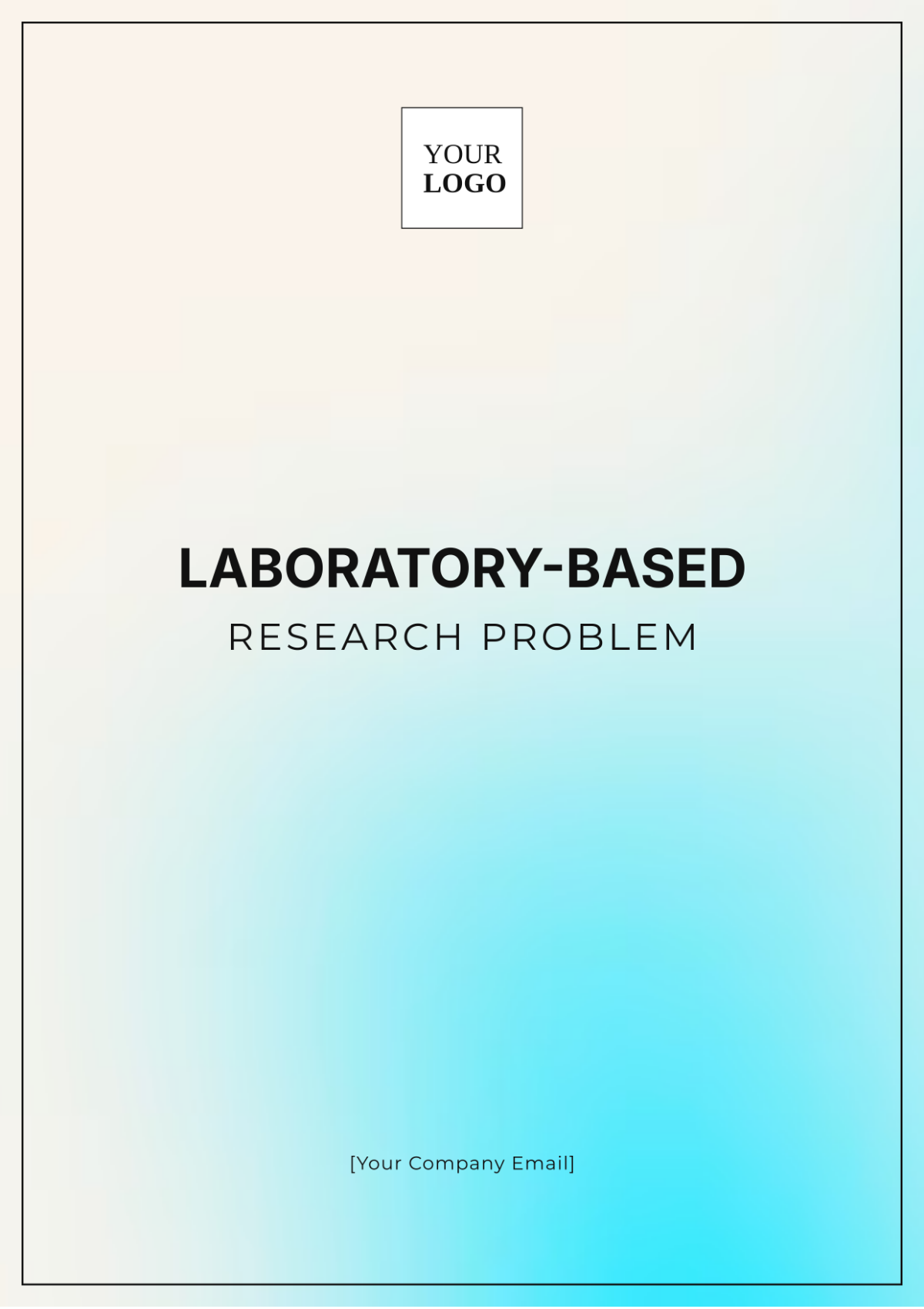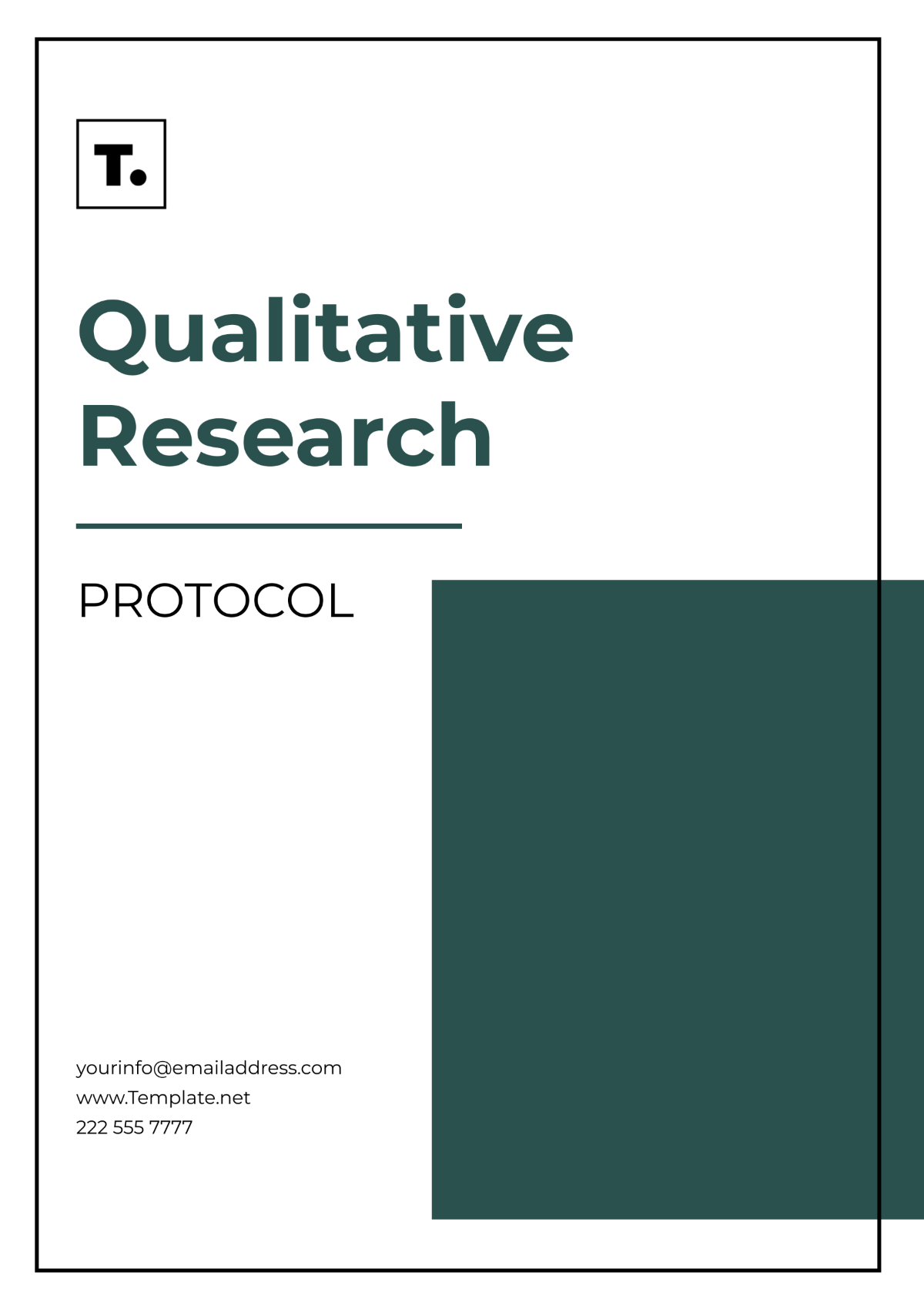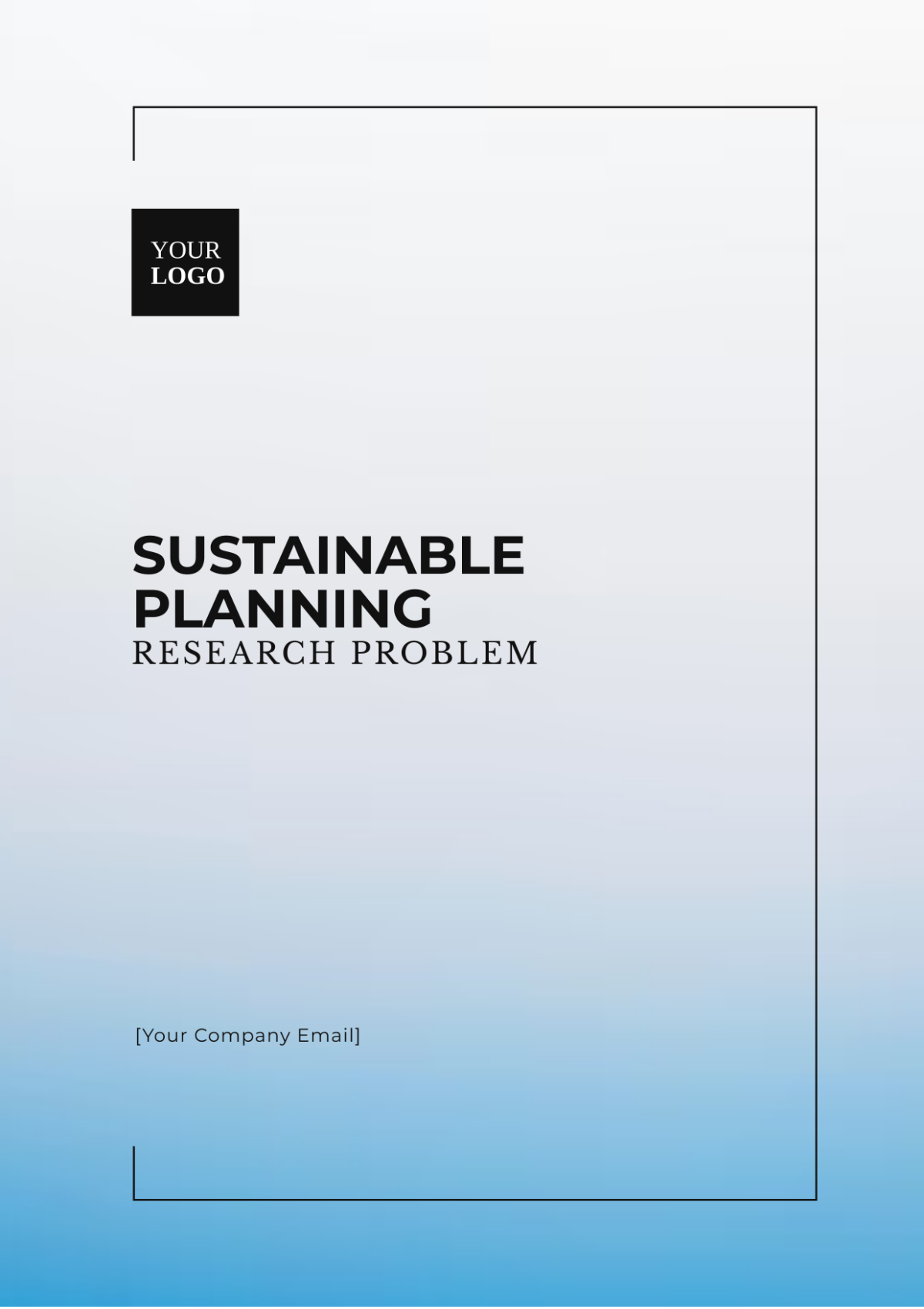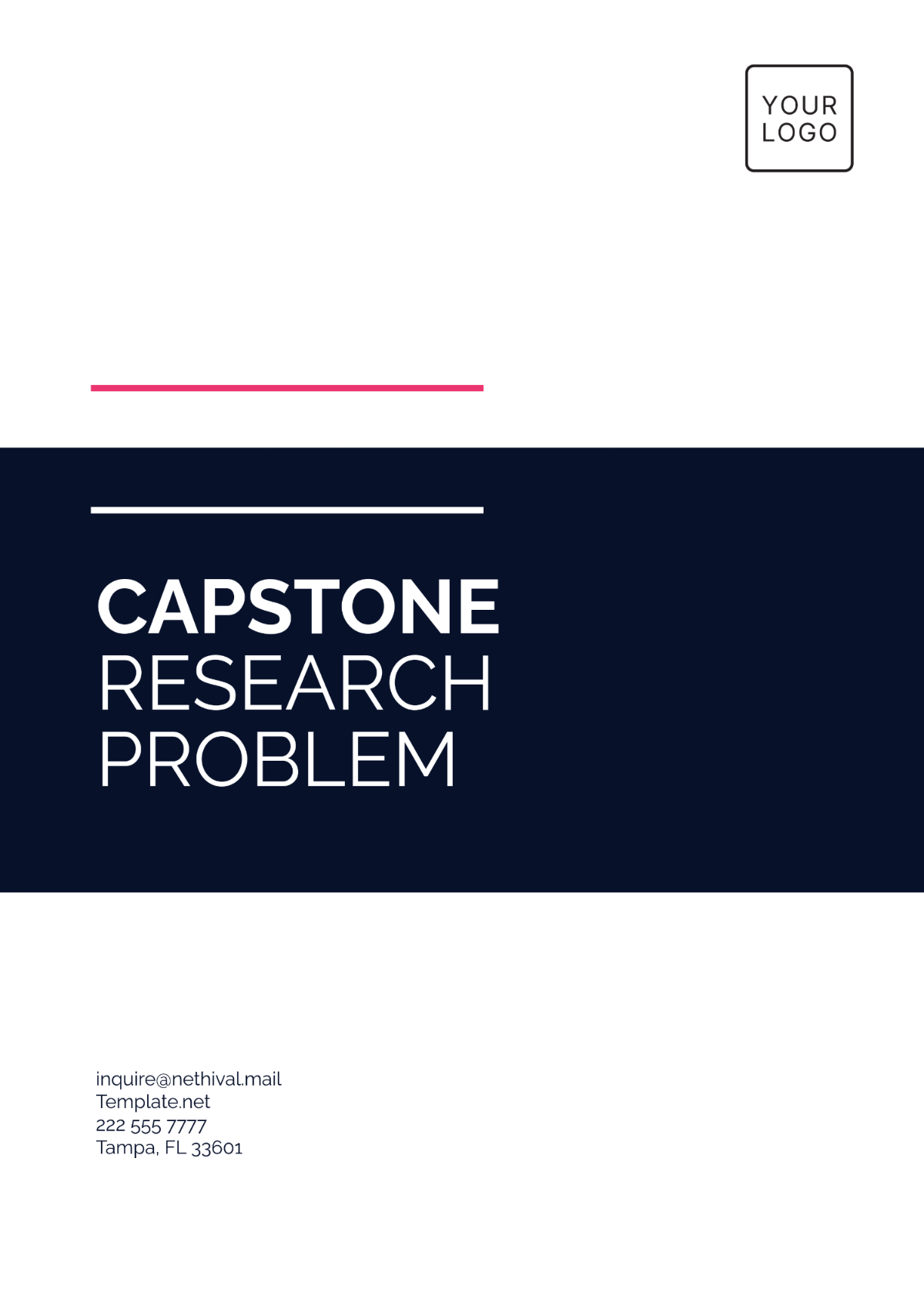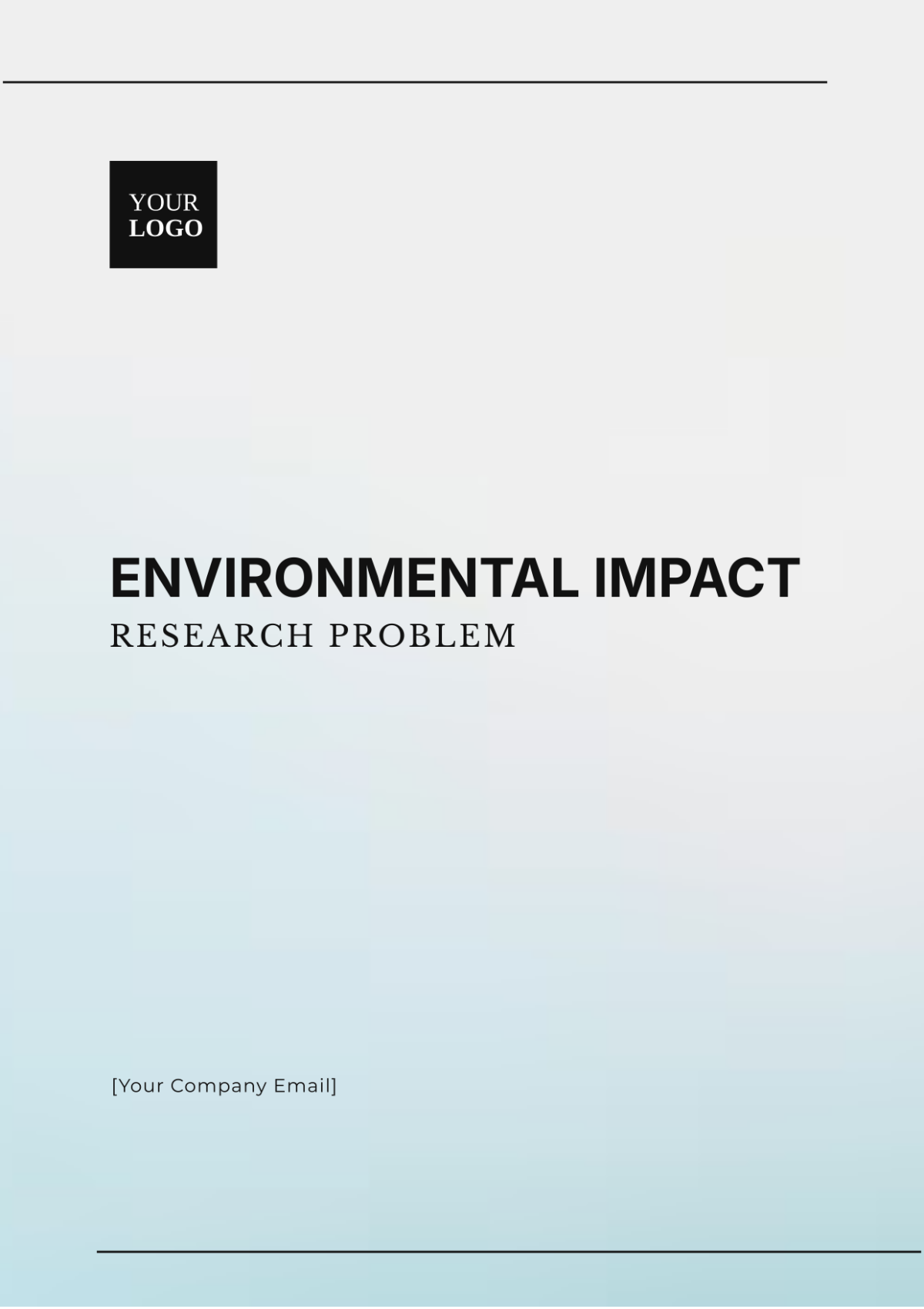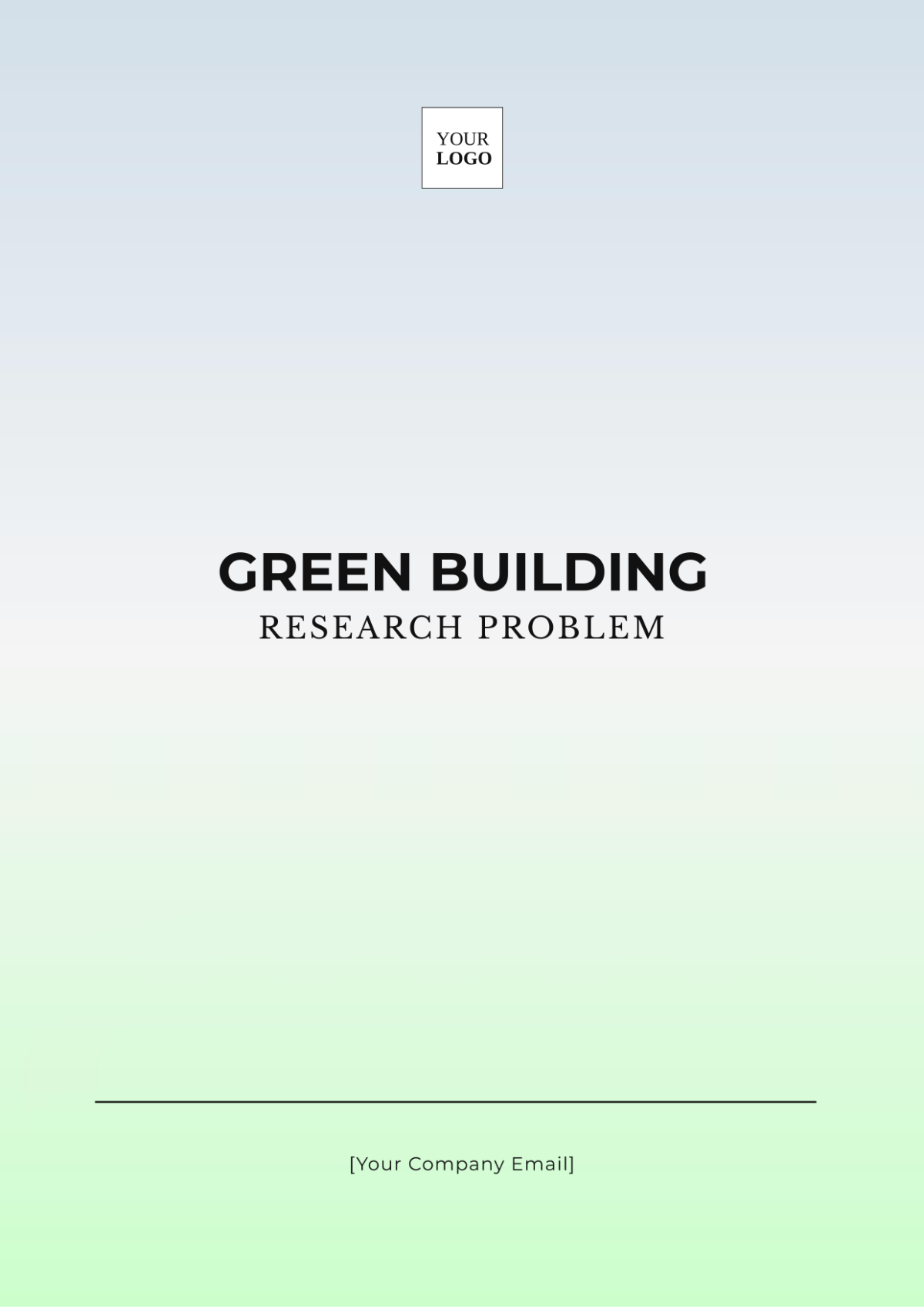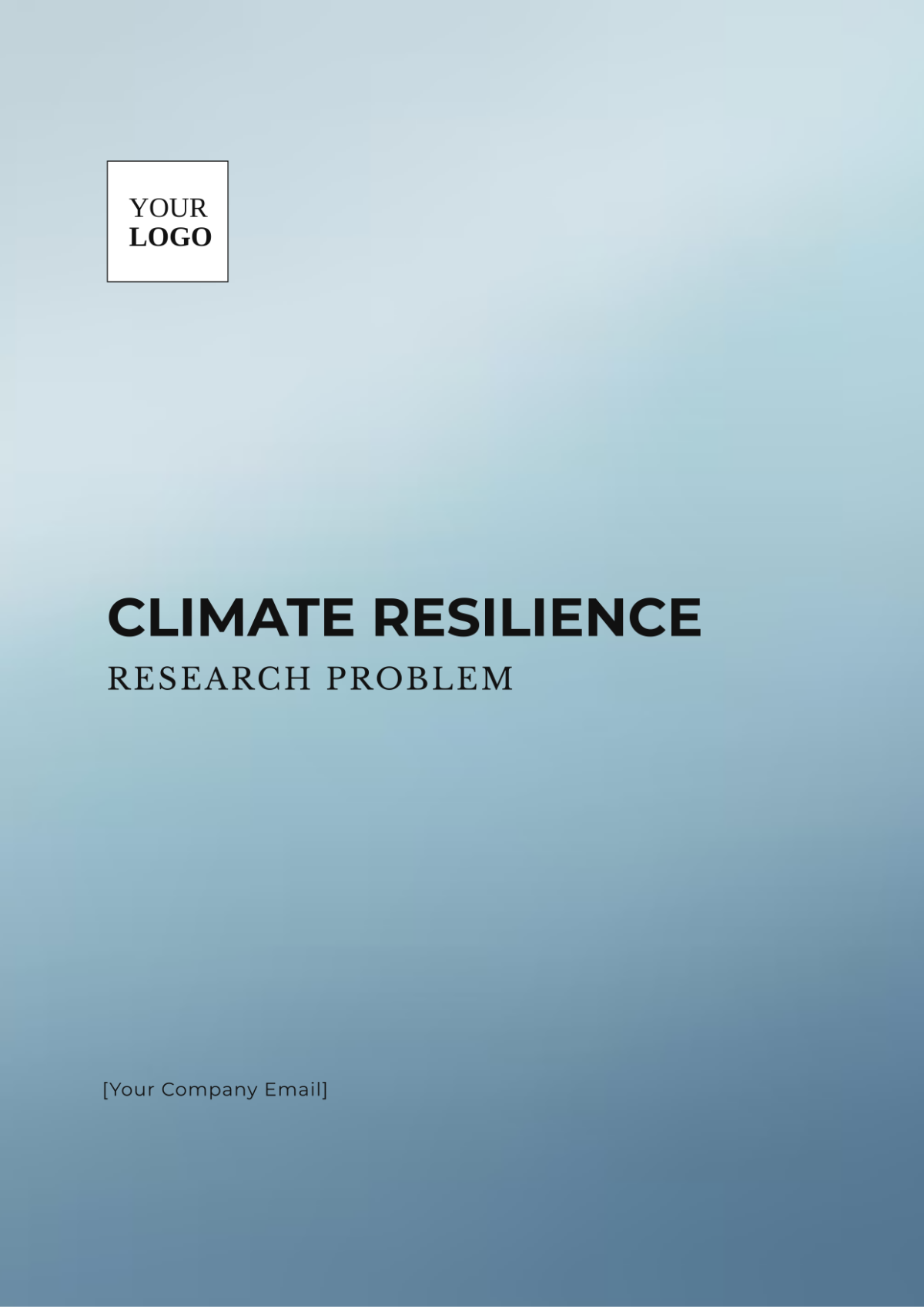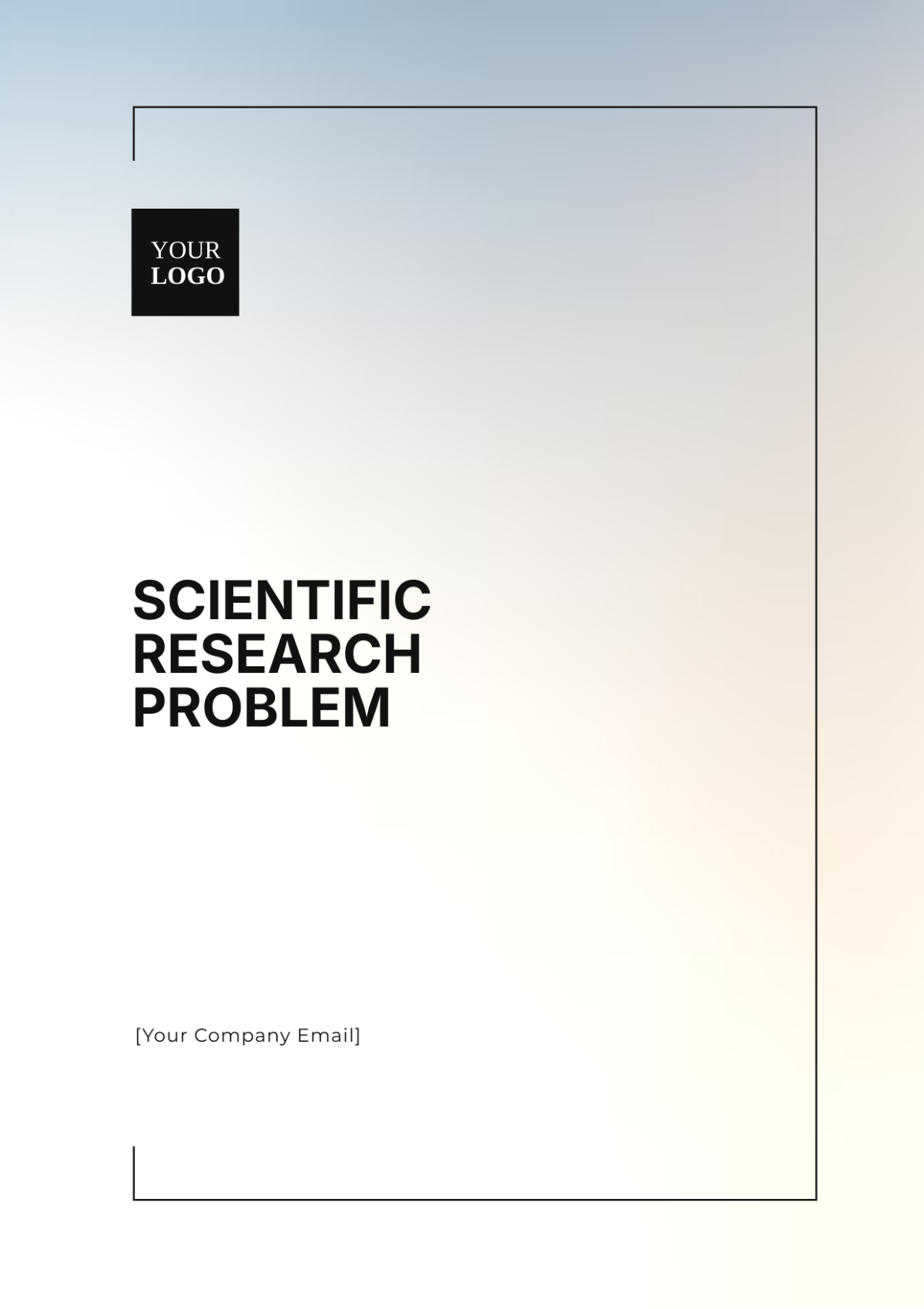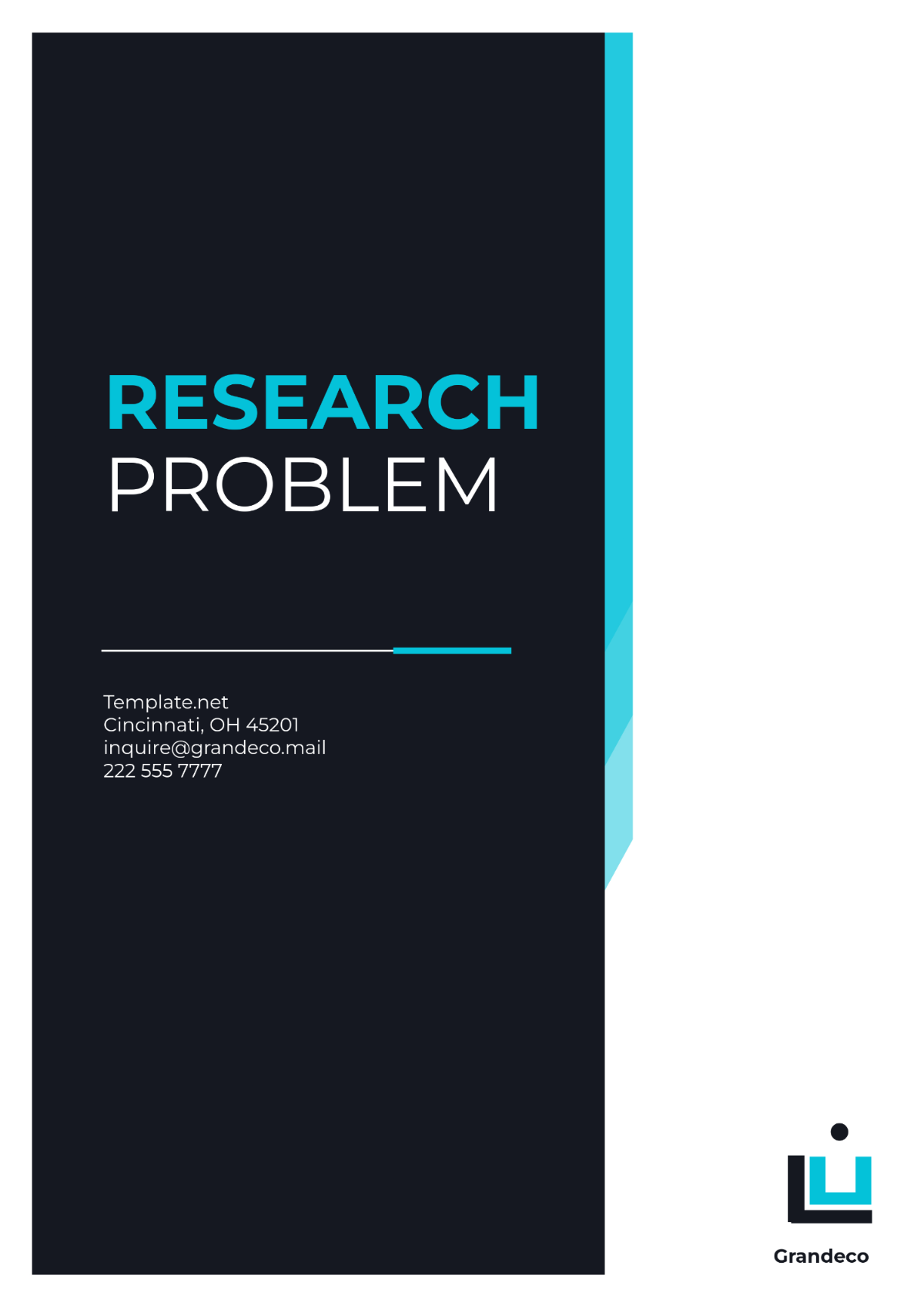Social Responsibility Research Process
Prepared by: [Your Name]
Company: [Your Company Name]
Date: [Date]
1. Introduction
This research investigates the effectiveness of social responsibility initiatives implemented by the organization. The study aims to evaluate the company’s environmental impact, ethical practices, and community engagement efforts. The research encompasses the period from January 2052 to December 2052 and employs a mixed-methods approach to provide a comprehensive analysis of the company’s social responsibility performance.
2. Literature Review
Recent studies highlight the growing importance of corporate social responsibility (CSR) as a key driver of organizational success and stakeholder trust. Key research includes:
"The Evolution of CSR: 2050 and Beyond" (Journal of Corporate Ethics, 2051): Explores the trends and future directions of CSR in the next decades.
"Sustainability Metrics and Reporting" (Environmental Research Quarterly, 2052): Provides insights into advanced metrics and methodologies for assessing environmental impact.
"Ethical Practices in Emerging Technologies" (Technology and Society Review, 2050): Examines ethical considerations in technology-driven industries.
3. Methodology
The research utilizes a combination of qualitative and quantitative methods:
Quantitative Analysis: Surveys and performance metrics collected from January 2052 to December 2052, including employee feedback, customer satisfaction, and environmental impact data.
Qualitative Analysis: In-depth interviews with key stakeholders, including employees, community leaders, and industry experts.
Data Sources: Internal reports, industry benchmarks, and academic literature.
Sampling Techniques: Random sampling of employees and community members, purposive sampling for expert interviews.
4. Findings
Key findings from the research include:
Environmental Impact: The company reduced its carbon footprint by 25% compared to the previous year, exceeding the industry average of 15%.
Ethical Practices: The company implemented new ethical guidelines for technology use, resulting in a 30% increase in positive feedback from stakeholders.
Community Engagement: Community initiatives, including educational programs and local partnerships, saw a 40% increase in participation.
5. Discussion
The research indicates that the company has made significant progress in its social responsibility efforts. The company’s environmental achievements surpass industry standards, reflecting its commitment to sustainability. Ethical practices have improved stakeholder trust, and community engagement has strengthened the company’s local presence. However, challenges remain in fully integrating these practices across all operations, particularly in emerging markets.
6. Recommendations
Based on the research findings, the following recommendations are proposed:
Enhance Sustainability Initiatives: Continue to develop innovative solutions to further reduce environmental impact and achieve a 30% reduction by 2055.
Strengthen Ethical Training: Implement comprehensive ethical training programs for all employees, with a focus on emerging technologies.
Expand Community Programs: Increase investment in community engagement initiatives, targeting underserved areas and expanding educational outreach.
7. Conclusion
The company has demonstrated convincing performance in social responsibility, with notable advancements in environmental sustainability, ethical practices, and community involvement. The company should continue to build on these successes and address the identified challenges to further enhance its social responsibility profile.
8. References
Johnson, A., & Lee, M. (2051). The Evolution of CSR: 2052 and Beyond. Journal of Corporate Ethics.
Smith, R. (2052). Sustainability Metrics and Reporting. Environmental Research Quarterly.
Thompson, J. (2040). Ethical Practices in Emerging Technologies. Technology and Society Review.


















